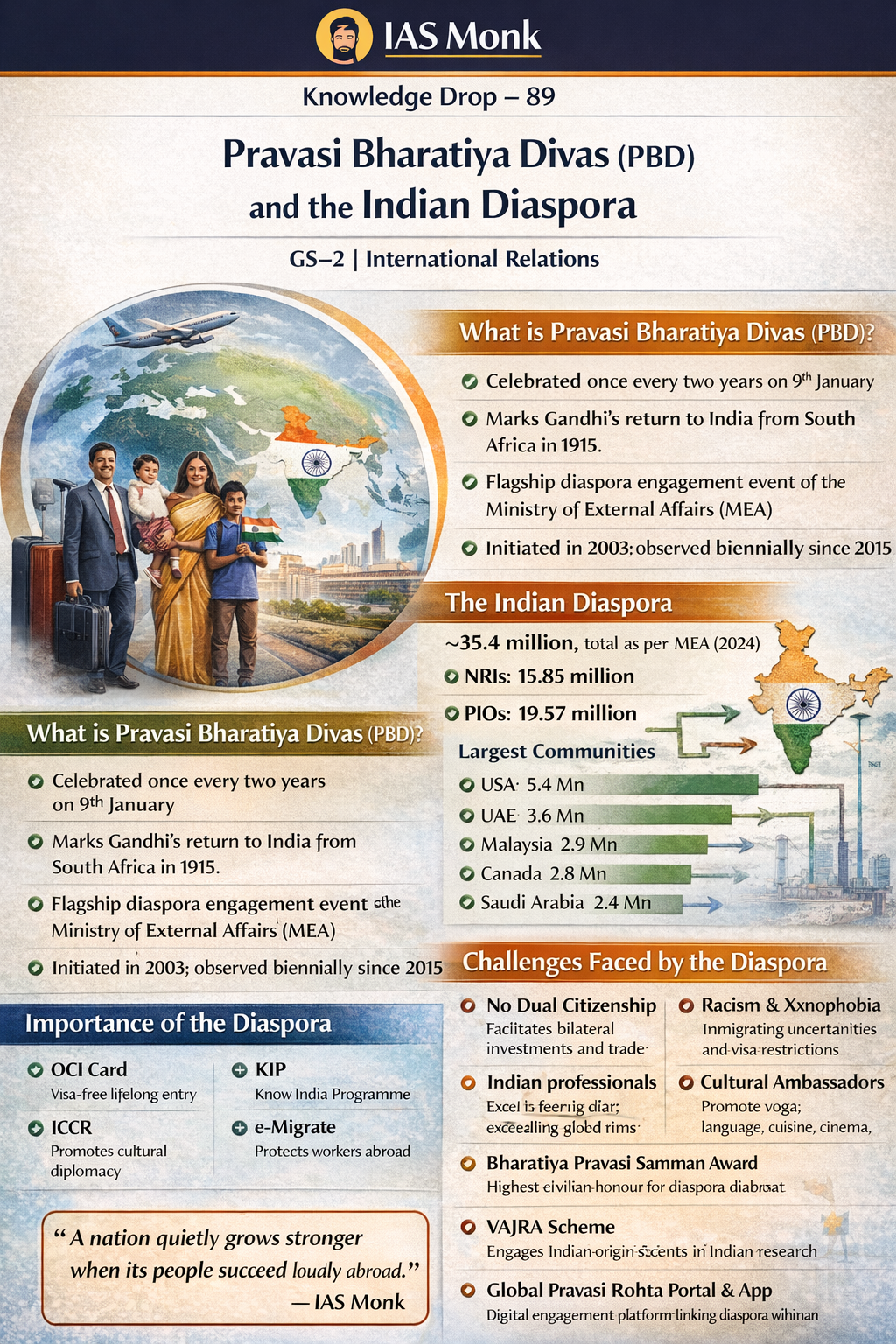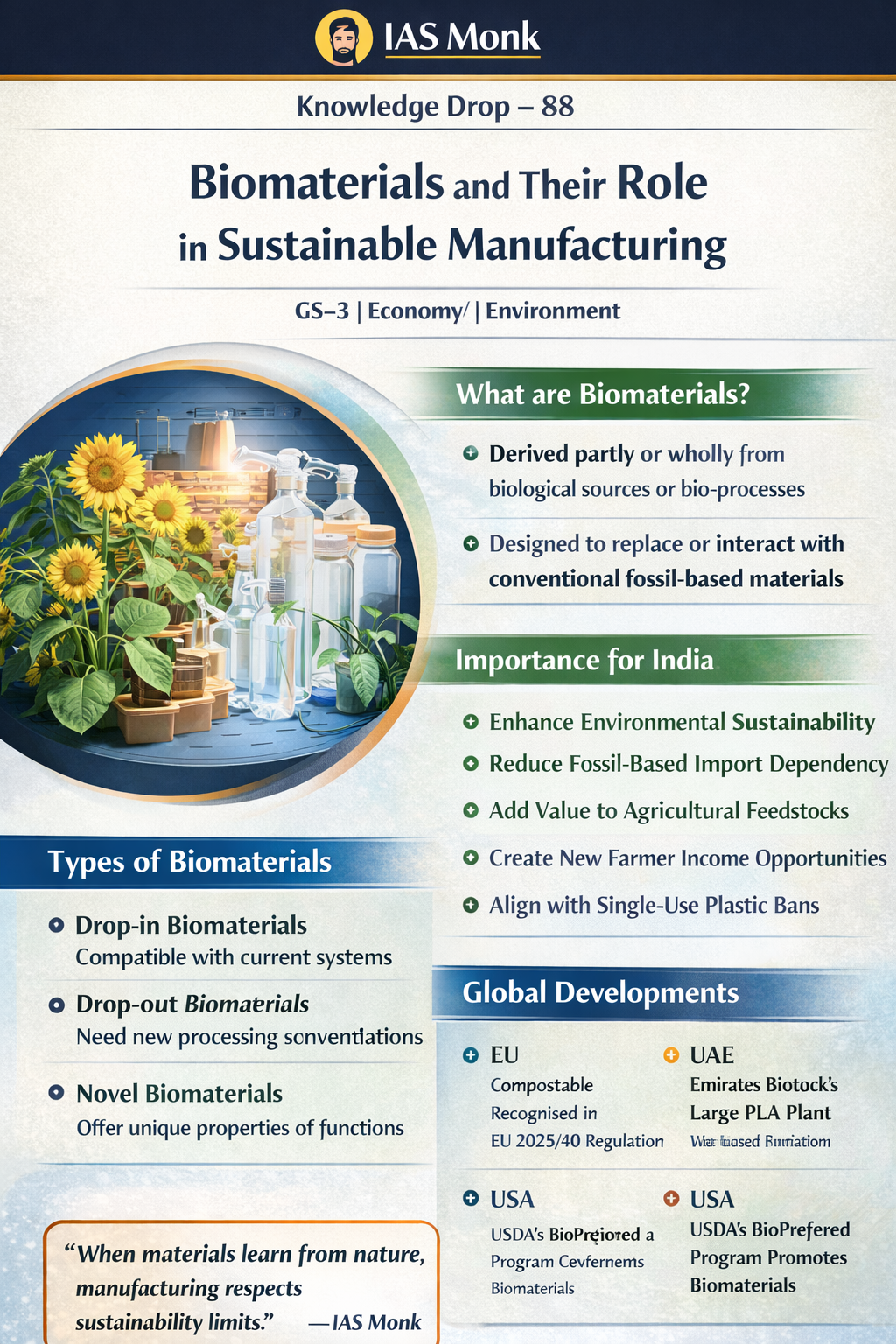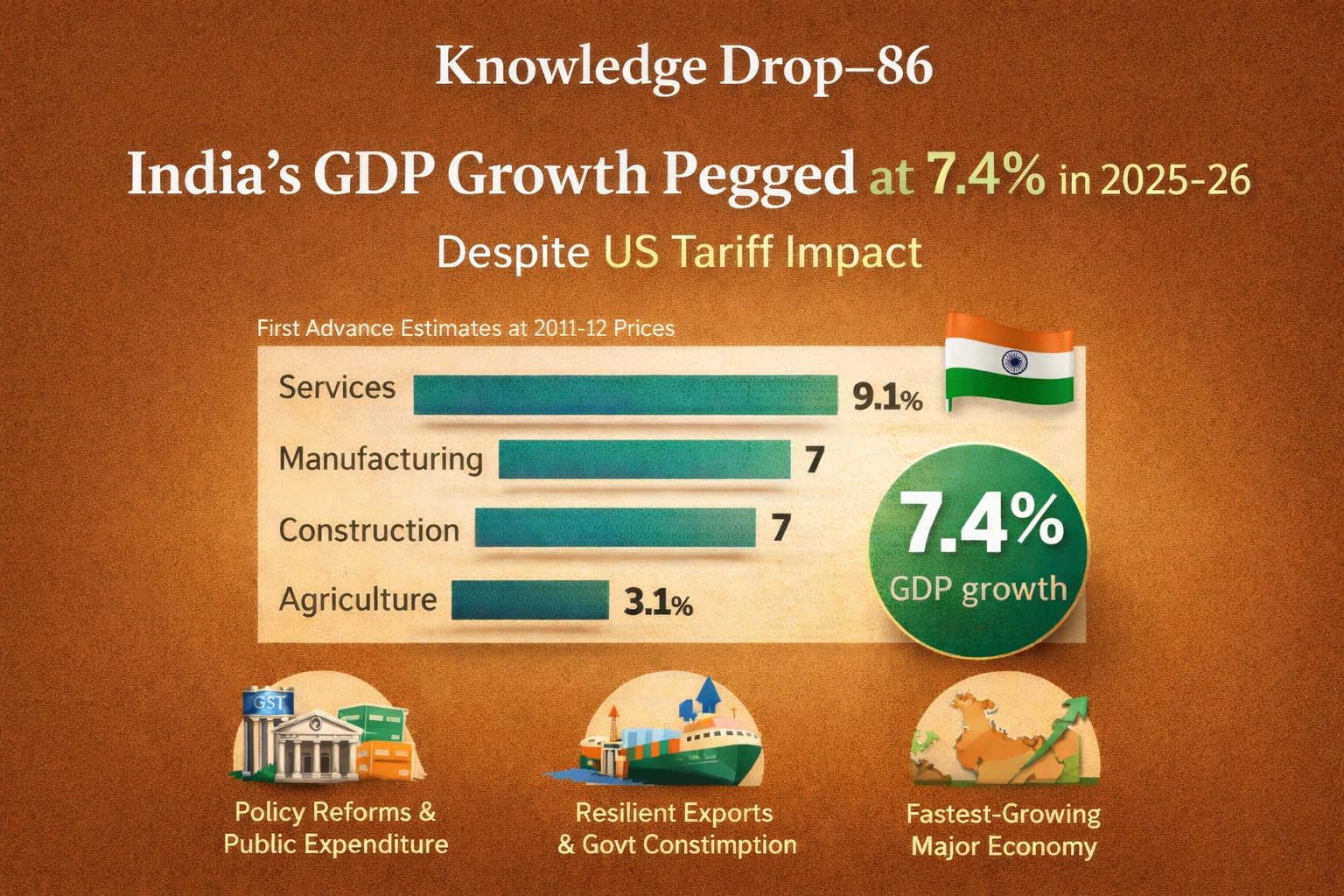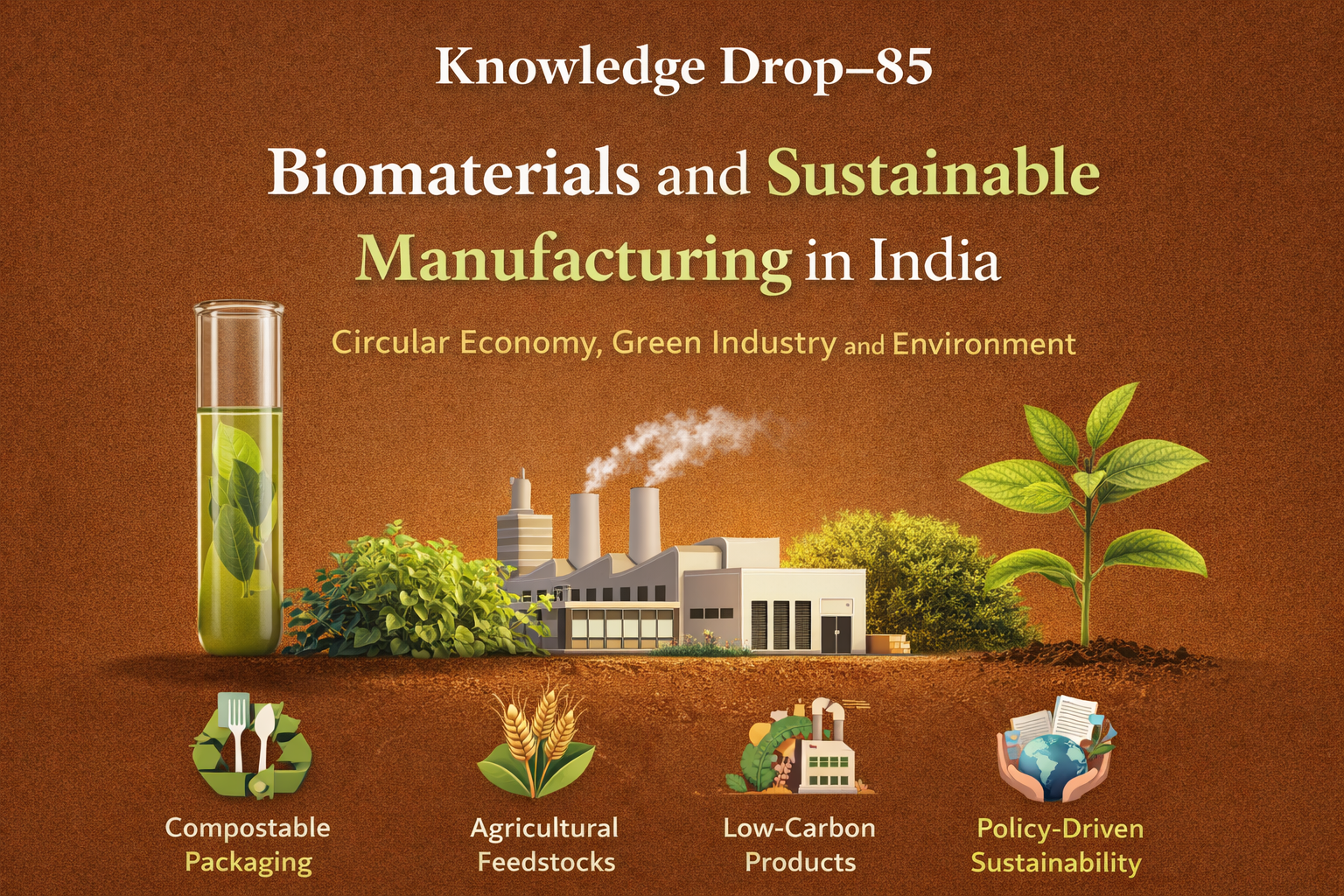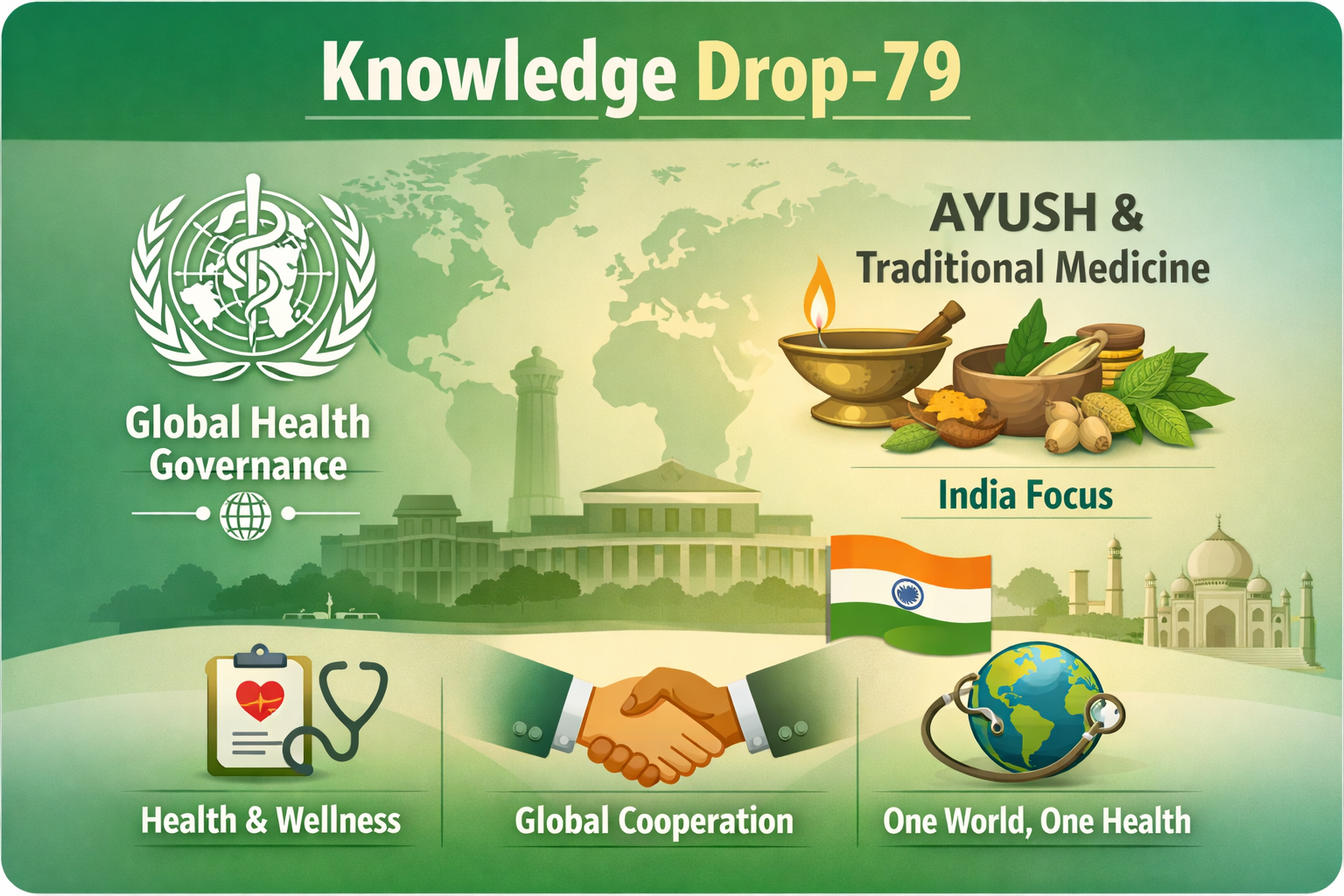
010. Science in the Stall – Puducherry’s First IVF Calf Born 🐄
Science & Tech, Animal Husbandry, Rural Development, Innovation in Agriculture
By IAS Monk / April 2, 2025


In Kanuvapet village, Puducherry has birthed more than a calf—it has birthed hope for India’s milk future. Under the Rashtriya Gokul Mission, the first IVF-ET calf was born, a landmark in applying reproductive biotechnology to livestock management.
🧬 What is IVF-ET Technology?
- In-Vitro Fertilization (IVF): Fertilisation occurs outside the cow’s body
- Embryo Transfer (ET): The fertilised embryo is placed in a surrogate cow
- Allows selection of high-genetic-quality embryos
- Goal: 500 IVF cattle in Puducherry & Karaikal
📈 Pilot Project Outcomes
- 350 cows identified, 125 implanted, 31 conceptions
- Success Rate: 25% (higher than national average)
- Peak target: 5,000 litres per lactation per cow
💰 Cost Structure and Subsidy
| Component | Cost (per cow) |
|---|---|
| Total IVF Cost | ₹21,000 |
| Central Subsidy | ₹5,000 |
| Puducherry Govt | ₹16,000 |
| → Accessible to local dairy farmers |
🌿 Why IVF for Dairy?
- Improves milk yield
- Speeds up genetic improvement
- Enhances herd quality & breed preservation
- Reduces dependence on foreign breeds
🇮🇳 Rashtriya Gokul Mission – Snapshot
- Launched: Dec 2014
- Merged into: Rashtriya Pashudhan Vikas Yojana (2021)
- Objective:
➤ Conserve & improve indigenous cattle
➤ Use AI & IVF to raise productivity
➤ Uplift rural women dairy workers (70% of sector)
🐃 Why Protect Indigenous Breeds?
- India has 41 cow breeds & 13 buffalo breeds
- Many face extinction
- Produce A2 milk (healthier)
- Better suited to Indian climate
📚 Relevance for UPSC
- GS3: Science & Tech in Agriculture, Biodiversity
- GS2: Welfare Schemes, Animal Husbandry
- Essay: “A calf born from care and code may sustain the village and the genome alike.”
✨ Closing Whisper
“When science enters the stable, tradition does not leave—it evolves.”
🔥 A Thought Spark – by IAS Monk
In a cow’s womb, we now place choice and conservation, not just chance.
This calf is not just a product of modern science—it is a symbol of mindful milk, native breeds, and a future where farms embrace fertility with foresight.


